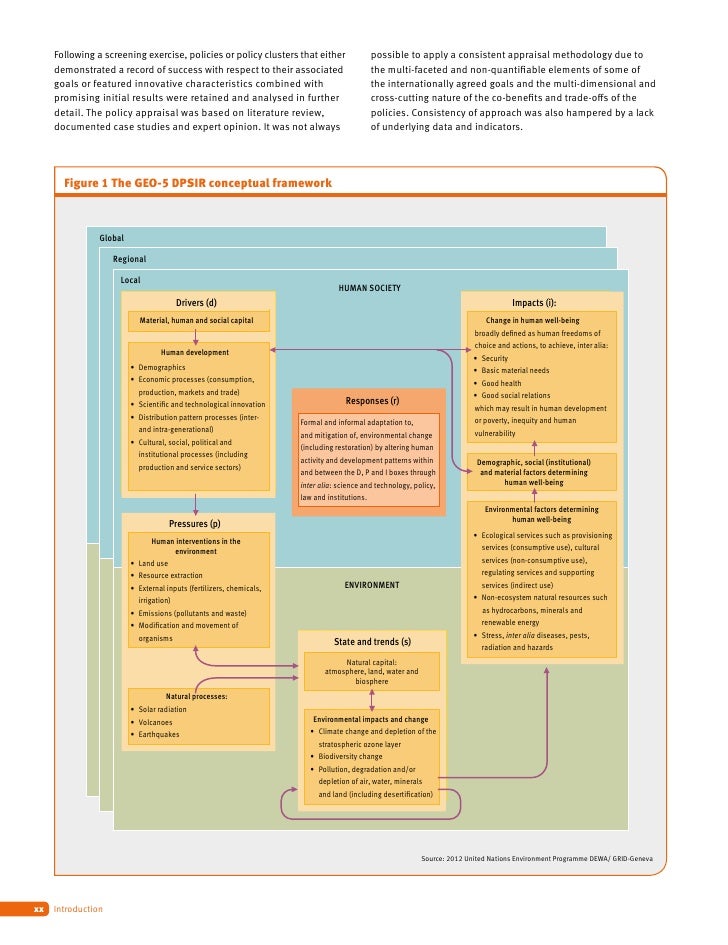

Problematically, the functioning of the earth system hinges on the interaction of numerous ecological components.

The GEO-5 report acknowledged that the lack of good data makes it difficult to get an accurate picture of the state of the global environment. Relationships between organisms are so complex, and we know so little. But there are critical aspects of the Earth system that remain poorly monitored, including assessments of trends (such as functioning of marine and terrestrial ecosystems) and the effects of pollution and invasive organisms.

It is true that satellite imagery now provides excellent global, and in come cases daily, coverage of changes to the atmosphere, and land and sea surface. Is it consistent with a civilisation on the brink of global environmental transformation that there should be a tiny investment in monitoring planetary health relative to, say, making blockbuster movies? The lack of data is a real problem for any accurate predictions of the future, particularly because we are unable to understand how the various components of the Earth system will interact. We are yet to discover what it will be like, psycho-socially, to exist in an overpopulated and ecologically stressed world, where everyone knows the environment quality was substantially better for the previous generation. It is now certain that the future of the biosphere will be very different to what we have been acculturated to believe is “normal” or “natural”. These changes have profound implications for humanity. Collectively, the prognosis of the GEO-5 report is dire, warning “if humanity does not urgently change its ways, several critical thresholds may be exceeded, beyond which abrupt and generally irreversible changes to the life-support functions of the planet could occur”.


 0 kommentar(er)
0 kommentar(er)
